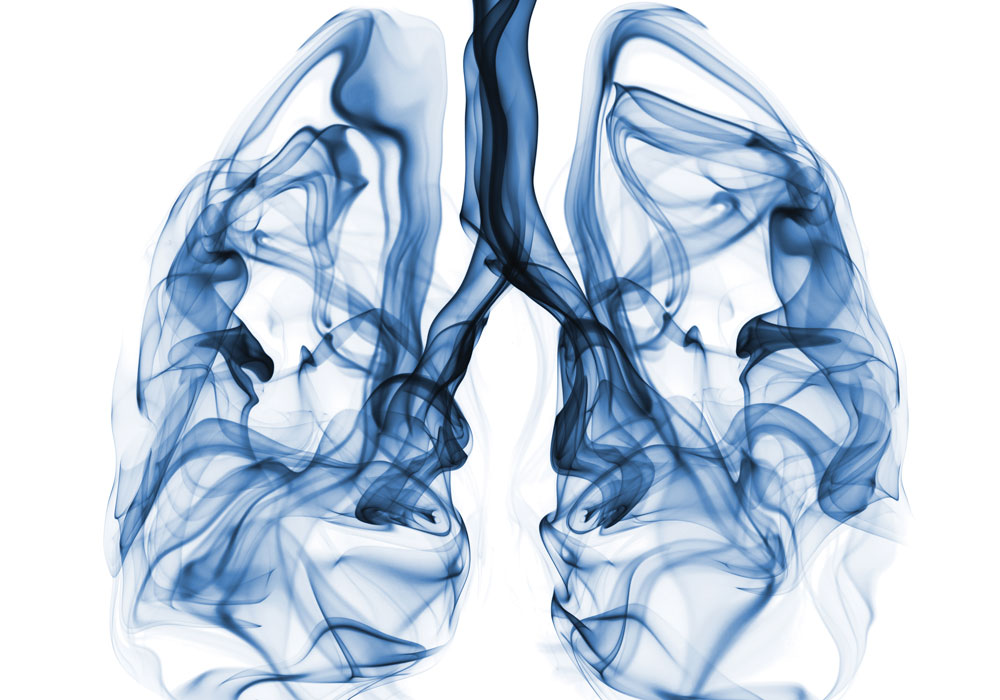High-ventilation (light) cigarettes have no health benefits to smokers and have likely contributed to increased incidence of adenocarcinoma deep in the lungs, according to the results of a new study published in the Journal of the National Cancer Institute.
Researchers conducted a comprehensive, multifaceted analysis of peer-reviewed literature and internal tobacco company documents that included chemistry and toxicology studies, human clinical trials, and epidemiologic studies of smoking behavior and cancer risk. Based on their findings, they hypothesized that the filter ventilation holes in light cigarettes allowed smokers to inhale more smoke with higher levels of carcinogens, mutagens, and other toxins.
“Filter ventilation 1) alters tobacco combustion, increasing smoke toxicants; 2) allows for elasticity of use so that smokers inhale more smoke to maintain their nicotine intake; and 3) causes a false perception of lower health risk from ‘lighter’ smoke,” the researchers wrote.
They concluded that the U.S. Food and Drug Administration should regulate the use of light cigarettes and even possibly ban them.
ONS’s endorsed position statement with the International Society of Nurses in Cancer Care about tobacco explains that nurses need to stay educated about the effects of tobacco products and take an active role in tobacco control. For more information, read the ONS’s official position statement.






